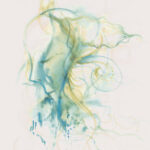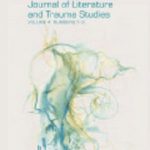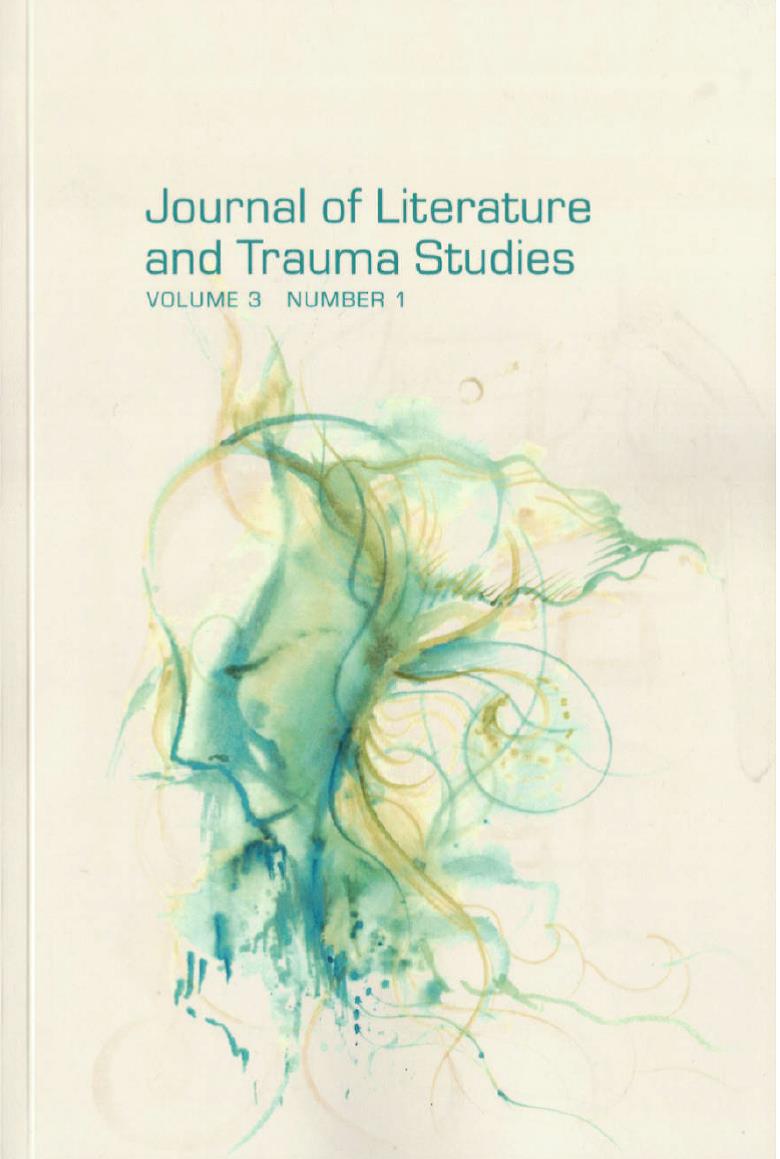
Palestinian Postmemory: Melancholia and the Absent Subject in Larissa Sansour’s In Vitro, Saleem Haddad’s “Song of the Birds,” and Adania Shibli’s Touch - Layla AlAmmar
Therapeutic Applications of Ciné-théâtre in Reframing Trauma Narratives and Attenuating Posttraumatic Distress in the Survivors of Sexual Violence: Koffi Kwahulé’s Les Recluses - Eric Wistrom
Testimony, Aporia, and the Holocaust in the Poems of Dan Pagis - Ashok K. Mohapatra
Trauma and Colonial Specters in Assia Djebar’s Fiction - Amar Guendouzi
A Russian Poetics of Trauma: Encounters with Death and the Literary Reclamation of the Individual - Laurie Vickroy


